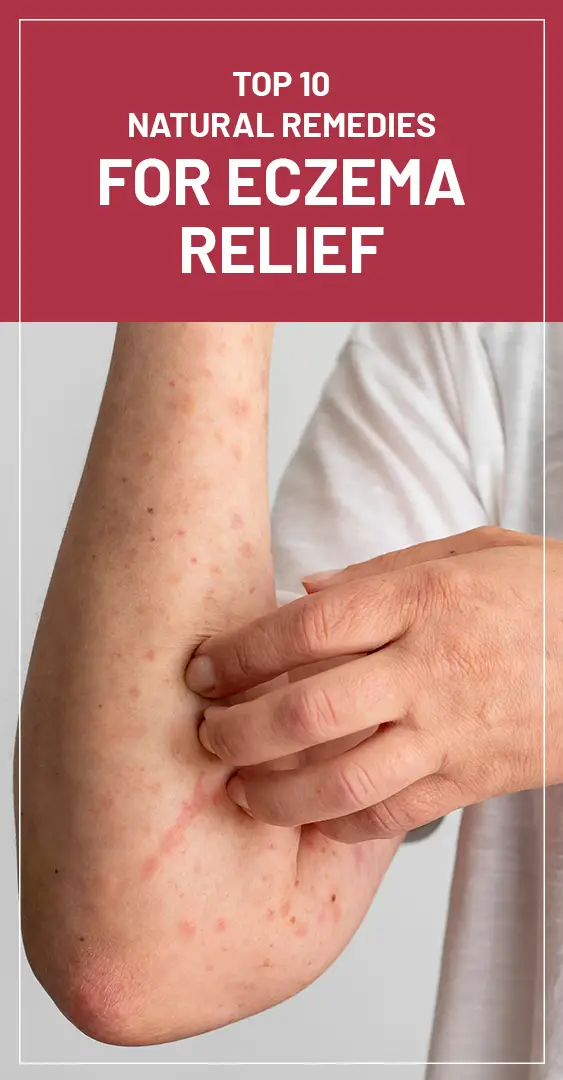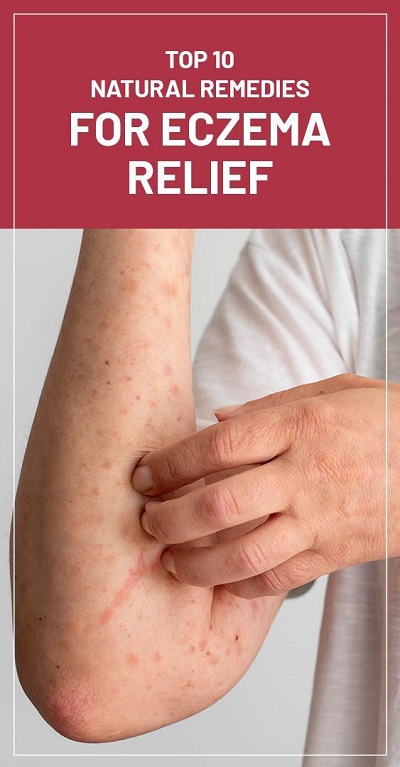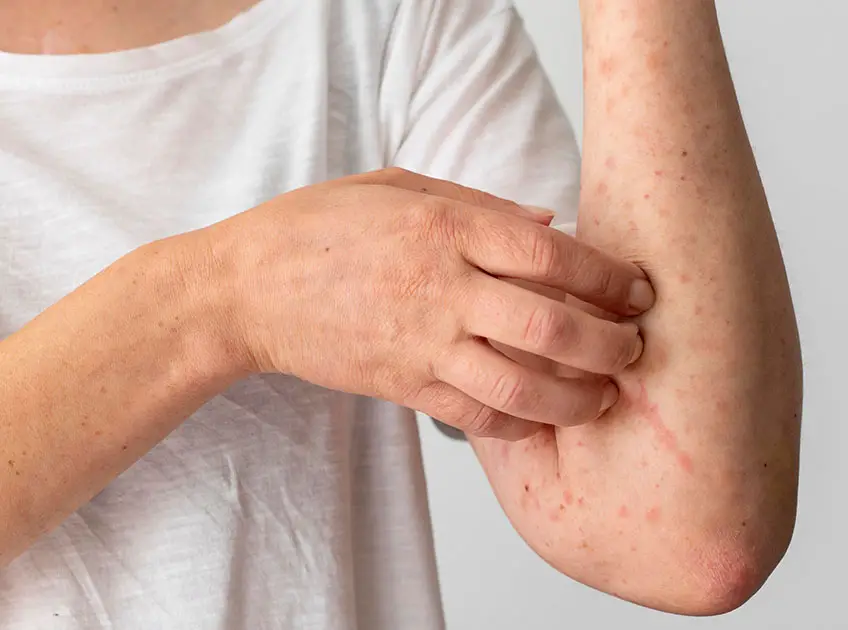
Important: This article is for informational purposes only. Please read our full disclaimer for more details.
Eczema is a general term for a group of inflammatory skin conditions that cause the skin to become itchy, red, and irritated. Atopic dermatitis, contact dermatitis, and seborrheic dermatitis are all types of eczema. While there is no cure for eczema, there are many ways to manage the symptoms and keep the condition under control. Home remedies can be a valuable addition to your eczema management plan.
Article Contains
Here are some home remedies that may help relieve symptoms of eczema:
1. Petroleum Jelly
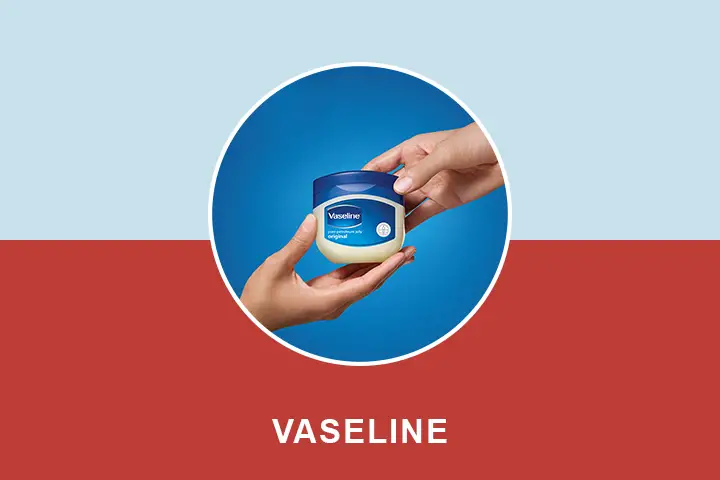
Petroleum jelly can help to soothe and protect the skin. It can be used to treat dry, cracked, or irritated skin, as well as to help prevent chafing.
2. Oatmeal
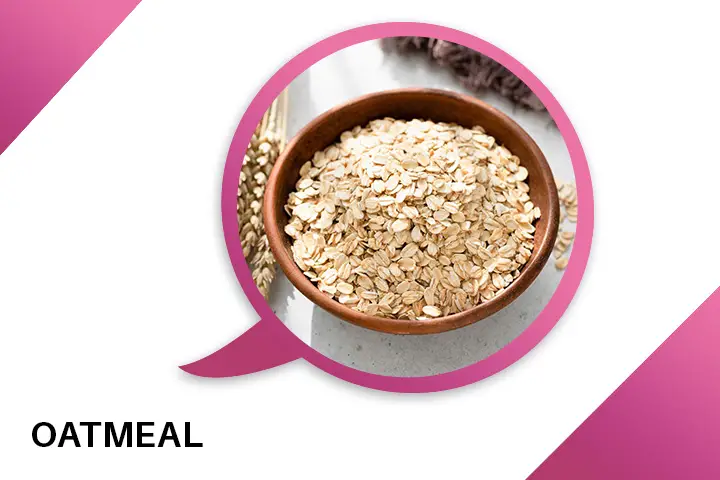
Oatmeal has anti-inflammatory and soothing properties that make it a popular home remedy for eczema.
You can use oatmeal in several ways:
- Add one cup of colloidal oatmeal to a lukewarm bath
- Soak your body in the bathtub for 15-20 minutes.
- Rinse with normal water. (Or)
- Make a paste by mixing equal parts oatmeal and water,
- apply it to the affected area for 10 mins before rinsing (Or)
- Grind one cup of oatmeal in a blender or food processor
- Add it to your bathwater.
- Soak for 15-20 minutes before rinsing with water.
3. Coconut Oil
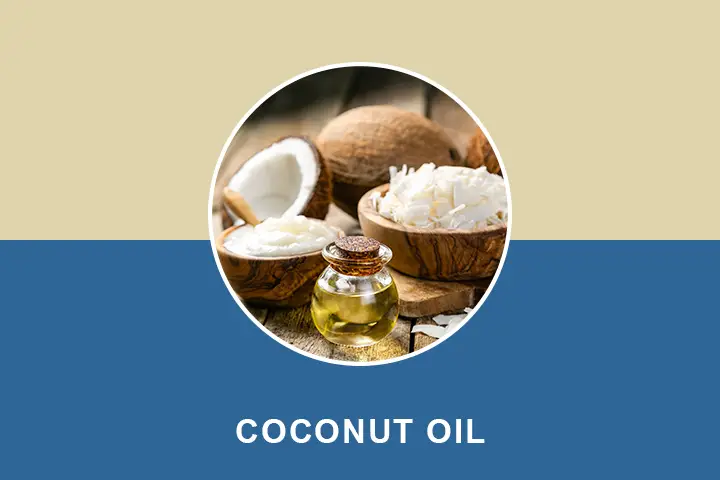
Coconut oil has anti-inflammatory and antimicrobial properties that make it an effective home remedy for eczema. It can help to soothe and moisturize the skin.
4. Aloe Vera Gel
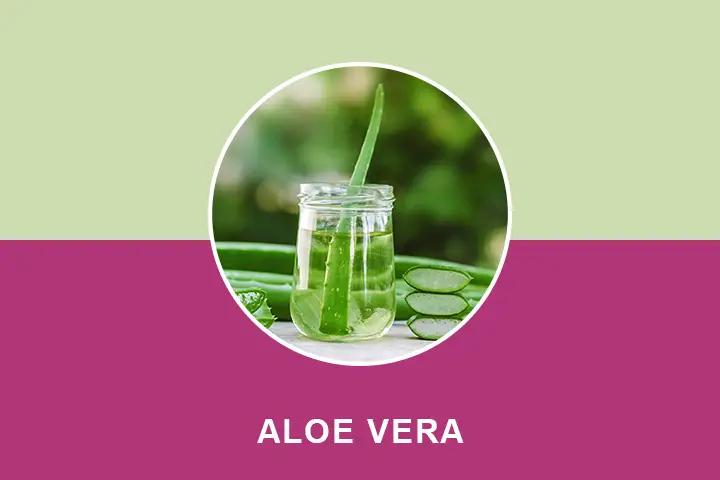
Aloe vera gel has soothing and cooling properties that can help to relieve the itchiness and irritation associated with eczema. It also has anti-inflammatory and antimicrobial properties.
5. Tea Tree Oil

Tea tree oil has antimicrobial and anti-inflammatory properties that make it an effective home remedy for eczema. It can help to soothe the skin and reduce irritation. [1]
6. Bleach Bath

Bleach baths can help to kill bacteria on the skin and reduce inflammation.
They should only be used as directed by a healthcare provider.
Not recommended for people with sensitive skin.
7. Apple Cider Vinegar

Apple cider vinegar has antimicrobial and anti-inflammatory properties. It can be used to help soothe the skin and reduce irritation.
This remedy lacks scientific evidence.
8. Diet

Include foods like Fish, beans, vegetables, fruits, leafy greens in your diet as they are rich in vitamins and minerals and also Anti-Inflammatory. Do not include triggering foods like dairy, eggs, wheat and soy in your diet as they can worsen the eczema symptoms.
9. Honey

Honey has antimicrobial and anti-inflammatory properties. It can be used to help soothe the skin and reduce irritation.
- Apply it directly to the affected area for best results.
- Wash the area after 30 mins with cool water. [2]
What to Avoid if You Have Eczema?
There are certain things that you should avoid if you have eczema. These include:
1. Harsh Soaps and Detergents: These can dry out the skin and trigger irritation. Look for mild, fragrance-free options.
2. Wool and Other Irritating Fabrics: These can irritate the skin and worsen eczema symptoms. Choose soft, breathable fabrics like cotton instead.
3. Hot Showers and Baths: These can dry out the skin and strip it of its natural oils. Take lukewarm showers or baths instead.
4. Allergens: Common allergens include dust mites, pet dander, pollen, and mold. If you are allergic to any of these, avoid exposure to them as much as possible.
5. Stress: Stress can worsen eczema symptoms. Practice stress-relieving techniques like yoga or meditation.
When to See a Doctor?
If home remedies and over-the-counter treatments are not providing relief, or if your eczema is getting worse, it is important to see a doctor. A doctor can diagnose the condition and develop a treatment plan that is right for you.
Eczema is a common skin condition that can be frustrating to deal with. However, there are many home remedies that can help to relieve the symptoms. If home remedies are not providing relief, it is important to see a doctor. A doctor can diagnose the condition and develop a treatment plan that is right for you.
You Might Also Like:
- Aloe Vera for Eczema: How to Use?
- Apple cider vinegar for eczema: How it works and uses?
- Coconut Oil for Eczema: How To Treat?
- Shea Butter for Eczema: How It Helps Soothe Itchy Skin
- How to Use Vaseline for Eczema?
- How to Use Epsom Salt for Eczema?
- emuaid EMUAIDMAX: Natural Skincare for All Ages
- 7 Best Face Washes For Eczema
- 7 Best Products For Lupus Skin
- 5 Ways Treat Eczema with Tea Tree Oil
- 30 Benefits and Uses of Epsom Salt
